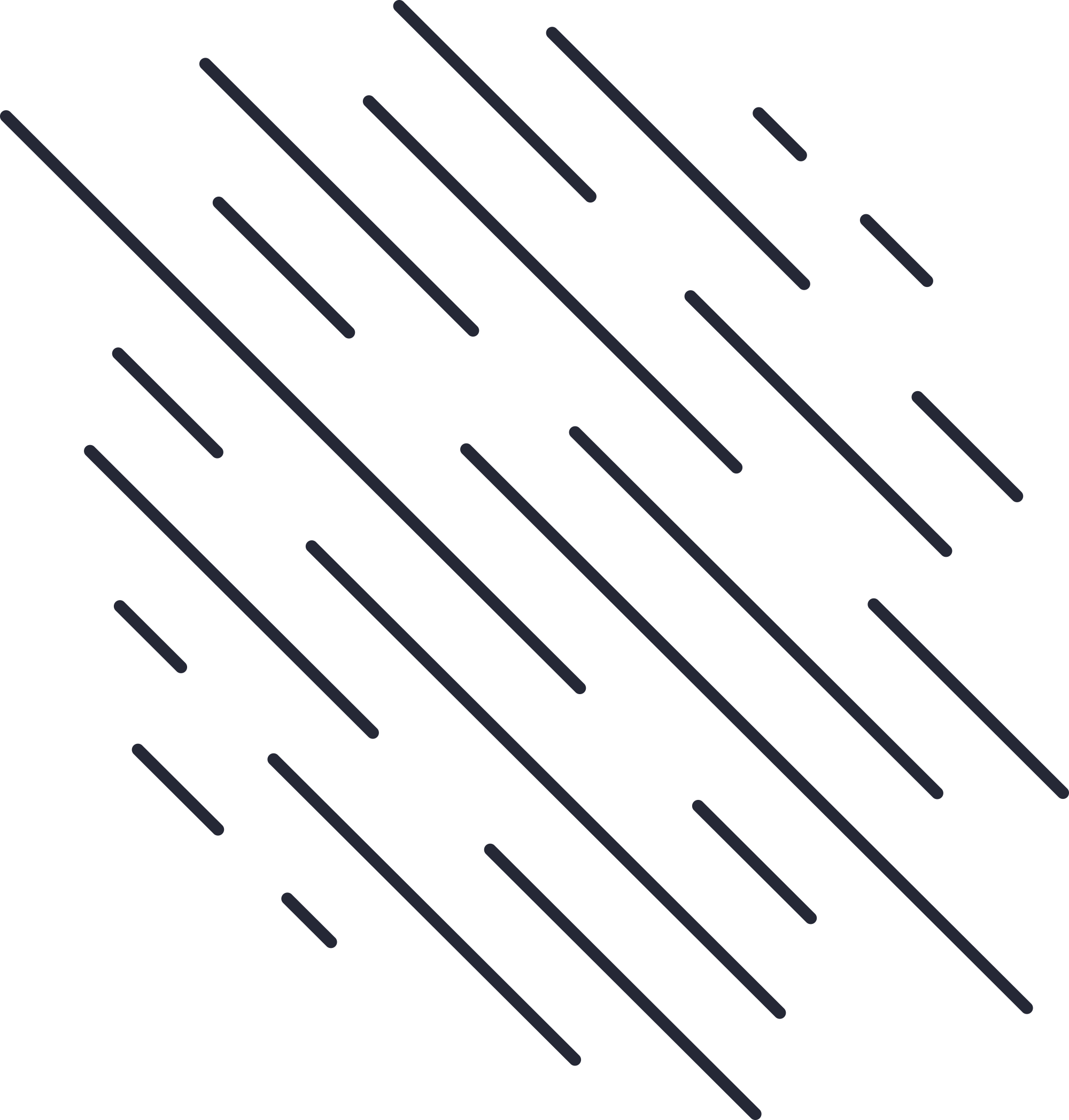Top Five NFT Marketplaces for Bitcoin Ordinals
August 4, 2023




Bitcoin Ordinals and digital art projects are the next big thing in the crypto world, attracting a lot of attention from investors, consumers, and collectors. Because more individuals are becoming aware of Bitcoin’s existence within the bitcoin ecosystem, we’ve observed a significant increase in usage, fees, and storage needs on the Bitcoin network in 2023 alone. This development presents a significant opportunity to expand Bitcoin’s utility beyond that of a “store of value.” Since its beginning in January 2023, it has generated an astonishing US$11.8 million in inscriptions. Bitcoin NFT marketplaces are crucial for enabling creators and collectors to mint, trade, and browse Bitcoin Ordinals. At the same time, it is essential to understand the emergence of Bitcoin Ordinals for artists, digital creators, and the broader creative economy.
While the criteria for judging “valuable” collections and digital collectibles vary, we base our ratings on elements such as total volume, price, and community recognition throughout time.
Where do you go if you want to possess some unique digital assets or Bitcoin Ordinals? You can’t simply go to a typical NFT marketplace like OpenSea or Rarible for listing NFTs. To purchase Bitcoin Ordinals and related digital assets, you must use some of the best NFT marketplaces that support this new format, and we’ve compiled a list of the best NFT marketplaces for you to consider.
Ordswap: An Ordinals Marketplace

Ordswap is a pioneering, trustless, and best NFT marketplace. Ordswap has evolved as the go-to site for buying, trading, and generating Bitcoin Ordinals since its introduction in February 2023. Users can buy and sell, and create their own Bitcoin NFTs using the easy-to-use Ordswap interface. Ordswap excels in providing a smooth buying and selling experience for Ordinals through its specialized ordinal marketplaces.
Notably, the ease of use extends to integrating a wallet that the marketplace supports. You may easily create an Ordswap wallet or use your existing MetaMask wallet to acquire and collect Bitcoin Ordinals, art and collectibles.
In terms of fees, Ordswap charges a 3% fee on all purchases in addition to the listing price. Inscriptions are charged a minimal cost of 0.00025 BTC plus 5%. Ordswap, on the other hand, generously offers a 10% discount on all collection inscriptions.
Ordswap appeals to both novice and advanced users looking for a simple platform with a great user interface to sell NFTs and buy other digital assets.
Ordinals Wallet

Ordinals Wallet was an early actor in the Ordinals protocol’s ascent to fame, beginning as a simple explorer before swiftly becoming a popular NFT marketplace for Ordinals aficionados.
Ordinals Wallet exhibited popular Bitcoin NFTs within a week of its inception, offering collections such as Planetary Ordinals, Ordinal Rocks, and Ordinal Punks, eventually expanding into a full “NFT collection” website.
Ordinals Wallet’s pioneering feature that allowed users to transfer their Ordinals laid the groundwork for its metamorphosis into its own NFT marketplace. Thanks to its PSBT technology, users may easily buy, sell, hold, and transfer Ordinals in a completely trustless environment, eliminating the need for middlemen.
Ordinals Wallet presently charges a 2.7% market cost, however, the team is working hard to include a 4.2% creator royalty fee.
One of the platform’s most notable advantages is its easy, straightforward user interface. It ensures that consumers can easily navigate numerous tabs and functions, acting as a nifty gateway into the world of Bitcoin Ordinals and compatible bitcoin wallets.
Gamma

Gamma, which has already developed various solutions for the industry, revealed a revolutionary trustless marketplace for Bitcoin ordinals in 2023. Ordinals marketplaces work by leveraging the security and uniqueness of the Bitcoin blockchain, allowing users to list, mint, buy, sell, and trade ordinals securely. In collaboration with Hiro Wallet and Xverse, Gamma intended to strengthen the standard infrastructure and position itself among the top NFT marketplaces.
Gamma’s newly launched marketplace sets the bar for Bitcoin Ordinals by offering cutting-edge creation tools, APIs, third-party wallet extensions, and an exceptional user experience place it on par with top NFT marketplaces such as OpenSea and the rarible NFT marketplace.
Gamma, which pioneered one of the first NFT marketplaces for Ordinals, has already created over 30,000 Bitcoin ordinals, accounting for over 10% trading volume of all inscriptions on the network.
The platform is aggressively driving growth in the Bitcoin ordinals market, releasing new tools to empower producers regularly to promote NFTs, earning Gamma a prominent reputation as one of the top NFT marketplaces.
MagicEden

Magic Eden, a well-known cross-chain NFT marketplace, has opened an exclusive platform for Bitcoin Ordinals. Magic Eden’s COO and co-founder, Zhuoxun Yin, stressed that their choice to integrate Bitcoin to their platform originates from their view that it will connect them with a large community and allow them to tap into the rapidly developing collectibles market via Ordinals and Ordinal NFTs. This move fully coincides with their objective of becoming multichain to secure the NFT platform’s future.
Ordinals, a project similar to NFTs, has grown significantly on Bitcoin’s blockchain since its inception in December. Over 90,000 Ordinals had been recorded on the Bitcoin blockchain by mid-February. Surprisingly, just a month later, this figure had risen to over 400,000, representing a 344% increase in a short period of time.
Read more: OpenSea Vs. Magic Eden: Which Is The Best NFT Marketplace?
Prior to this release, Magic Eden provided support for selling NFTs on Solana and Polygon, as well as aggregated listings for NFTs based on the Ethereum network. Major investors in the platform include Paradigm, Sequoia, Coinbase Ventures, and Solana Ventures. With over 22 million unique monthly visitors and over 100,000 wallets joining to its network on a daily basis, Magic Eden has cemented its market position as a top NFT marketplace.
Magic Eden’s launch of an NFT marketplace for Bitcoin Ordinals is a notable move, as the NFT market has experienced constraints, rendering it inaccessible and dangerous to nonprofessional users. This action could broaden the platform’s audience reach and primary sales.
The launch also included two noncustodial crypto wallets, Hiro and Xverse, to promote frictionless transactions and empower users in their interactions with different blockchain networks.
OpenOrdex

OpenOrdex is a revolutionary NFT Marketplace that uses Commission-Free PSBT Technology. OpenOrdex is a community-owned NFT marketplace that facilitates the exchange of NFTs on the Bitcoin blockchain without charging any trading fees.
NFT Ordinals on the Bitcoin network have made headlines in recent weeks, and NFTexpress has been actively reporting on their releases by various organizations and initiatives.
The story began in early February with the release of the Ordinals Protocol, which for the first time introduced NFTs to the Bitcoin network.
As time passed, wallets intended exclusively to store Bitcoin NFTs, such as Xverse and Hiro Wallet, began to emerge. This tendency continued, with several NFT collections, such as DeGods and 535 NFTs, reaching the Ordinals Protocol.
The creation of a new NFT marketplace for Bitcoin Ordinals by the renowned Magic Eden is one of the most recent advancements. As platforms and methods for exchanging and minting NFTs within the Ordinals Protocol arose, NFT collectors started looking for the best NFT marketplaces to enjoy a commission-free trade.
OpenOrdex is an open-source NFT marketplace based on partially signed Bitcoin transactions (PSBT). As a result, it takes a slightly different approach than most NFT marketplaces to exchange NFT Ordinals.
On OpenOrdex, the procedure goes as follows: The seller initiates a partially signed (PSBT) transaction, to sell non-fungible tokens and indicates the Ordinals price. The buyer then signs the transaction and publishes it to the network.
The seller commits specific inputs (the sale of their Ordinal NFT) in this one-of-a-kind NFT ecosystem, while the buyer commits their own token and inputs (BTC for an Ordinal NFT). PSBTs are thus partially signed by sellers and subsequently fully signed by buyers, allowing them to be executed by smart contracts on the network.
Why Does the Crypto Industry Need Bitcoin Ordinals?
The flourishing Ordinals business necessitates the creation of critical components like the best NFT marketplace, custody wallets, and developer tools. To trade Ordinal inscriptions, users are shifting from over-the-counter trading to dedicated Bitcoin Ordinals marketplaces.
NFT marketplaces exist to ease the process to buy and sell NFTs, as well as, allowing one to easily own NFTs. At the same time, they integrate with wallet providers to add support for ordinal activity, allowing customers to keep their Bitcoin keys separate from other non-ordinal sums, lowering the danger of unintentional expenditure. Notably, the following wallet providers provide specific services for NFT collectors:
• OKX Wallet
• MetaMask
• Xverse Wallet
• UniSat Wallet
• Hiro Wallet
Furthermore, several industry service providers have begun to provide ordinals APIs for simple integration into developers’ applications. An ordinals explorer, an online reference resource, has also been created to assist users and developers in exploring and learning more about ordinal inscriptions.
Read more: Bitcoin Ordinals Marketing Strategy
The ordinals sector is actively developing, with various innovative technologies in development or in early use:
• BRC-20: A JSON-based experimental fungible token.
• BRC-69: Introducing recursive inscriptions, which can lower costs while increasing complexity.
• BRC-721: Enabling ordinal linkage between the Bitcoin and Ethereum blockchains.
• Zero Knowledge: Introducing unique domain addresses to make transactions easier.
Despite its rapid expansion, using Bitcoin-based ordinals has been fraught with doubt. Ordinals were initially chastised by notable Bitcoin engineers and influencers who saw the inscribed data as ‘spam,’ stuffing the Bitcoin blockchain with worthless JPEG picture files.
Ordinal inscriptions have also prompted worries about the blockchain’s potential for rapid expansion, leading to centralization in a shorter timeframe. However, it’s worth noting that previous predictions regarding the blockchain size had always assumed full block sizes at some point.
Another issue has been the high cost of transactions on the Bitcoin blockchain during periods of high inscription activity, which has harmed individuals who rely on the system for low-cost payments.
Nonetheless, the explosion in inscription activity has debunked the assumption that Bitcoin miner transaction fees could never rise high enough to ensure a safe network as the block reward falls over time. Bitcoin miners sometimes received transaction fees equal to or more than block rewards when there were full blocks for extended periods due to a mix of inscription activity and regular transactions.
Overall, Bitcoin Ordinals are another use-case in the blockchain technology and crypto world; they open new venues for generating value and transacting.





